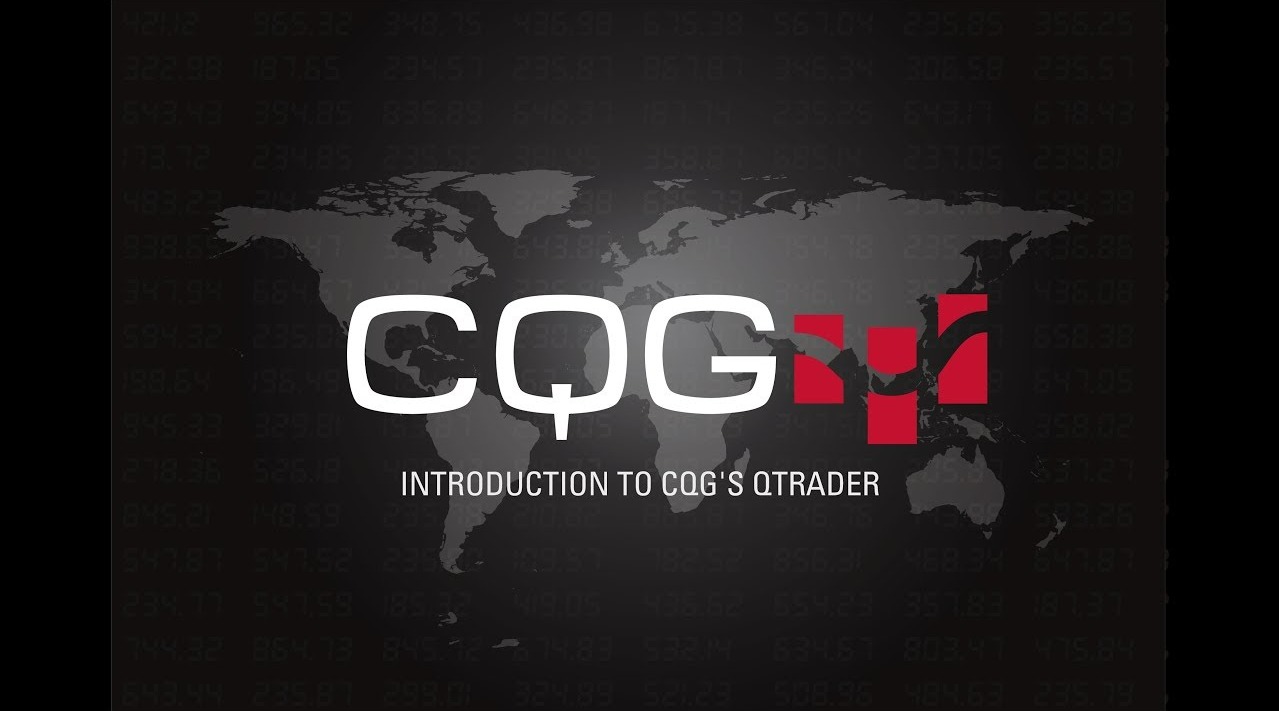The US state of Hawaii has introduced a regulatory sandbox to support the growth of digital asset companies.
Dubbed Digital Currency Innovation Lab, the Sandbox is a joint approach by three agencies of the state - the Department of Commerce and Consumer Affairs, Division of Financial Institutions (DFI), and Hawaii Technology Development Corporation (HTDC).
Per Tuesday’s press release, this will allow crypto companies to operate on the island for a period of two years without the need for a money transmitting license.
Putting an end to harsh regulations
The move ends the harsh regulatory requirement for crypto companies within the state, which required firms to hold as much fiat currency as their clients hold crypto.
Though the state never banned digital currencies, this “double reserve” requirement put the bar too high even for major companies like Coinbase, which fled the state calling the requirements irrational, untenable, and bad for consumers.
Commenting on the development, Iris Ikeda, commissioner of Financial Institutions, said: “DFI is leveraging its statutory authority to provide an innovative way to introduce digital currency issuers into the State of Hawaii, while ensuring the safety of our consumers. By acknowledging digital currencies as a transmission vehicle of the future, we will be able to craft legislation that is conducive to its development in Hawaii.”
However, companies willing to enter the sandbox need to apply by May 1, along with a fee of $500 and another $1,000 for each participating term. The entries must be made through HTDC.
The DFI also clarified that no actions would be taken against companies under the sandbox without holding state licenses.
“By spearheading the Digital Currency Innovation Lab, Hawaii can position itself on the forefront of financial technology and potentially, reap the economic benefits that accompany the leadership stance taken,” Len Higashi, acting executive director of HTDC, added.


















